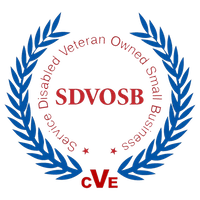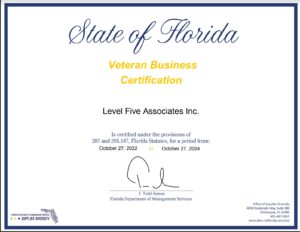“More men are killed by overwork than the importance of the world justifies.”
– Rudyard Kipling
OK, here we go – another message on how we all work too much, where we promote a culture where working is 90% of what we should be doing 24/7 if we’re going to be successful. Otherwise, our peers will leave us standing in their dust as they achieve promotions, recognition, and fulfillment.
But there is something wrong here, in the corporate culture that now dominates many companies and organizations. The trends are unmistakable. 
As one executive lamented her career path, describing all the nights and weekends she had devoted to work-related projects:
“I just worked really, really hard,” she said, “and sacrificed family stuff, sacrificed my health for it, and at the end of the day I look back on it and say, ‘Well, did we really have to do that? Probably not.”[1]
This disturbing trend is also gender-neutral. Some call it the “long-hours culture;” others the “religious identity of ‘workism.’” I prefer the term “The Culture of Overwork.”[2]
This Culture of Overwork was sparked in part by two important factors dominant among Millenials in our society – student debt and social media. Student debt outstanding in America has spiraled since 2007 by over 1 trillion dollars, and the Information Age is now upon us with full effect.
“Since the physical world leaves few traces of achievement,” Derek Thompson recently wrote, “Today’s workers turn to social media to make manifest their accomplishments.”[3]
In the past, it seemed that where we used to work also used to allow us the opportunity to pursue our passions (family and leisure). Now, it appears in many cases that work is becoming our passion. In some recent surveys, the sense of purpose has now overcome the paycheck as what matters most at work. That’s both good and bad. Today (perhaps now more than ever – with remote, virtual, work-from-home), we are always in contact, so we can always work.
Is that OK with you? If not, what do we do to overcome this Culture of Overwork?
First, we have to acknowledge the problem. Second, we have to begin a deliberate strategy of defining balance in our organizations — in terms of Energy, not Time. The Big Six® Principle of ‘Balancing the Personal and the Professional’ is all about building tools for your leadership toolbox to create more balance in your culture.
My plan is that incoming blogs, I will describe some actionable steps you can take to move the needle in the right direction. In the meantime, please feel free to browse past blogs on the topic of ‘balance.’
So let’s take this on… Enjoy the journey!
[1] “What’s Really Holding Women Back?” by Robin J. Ely and Irene Padavic in The Harvard Business Review, March-April 2020, p. 62.
[2] Ibid., and “Workism is Making Americans Miserable,” by Derek Thompson in The Atlantic Monthly, February 24, 2019.
[3] Ibid.
Did you find this blog post beneficial? If so, please consider sharing it with your audience using one of the choices below. It’ll just take a second, but could improve someone’s work habits for a long time to come.





